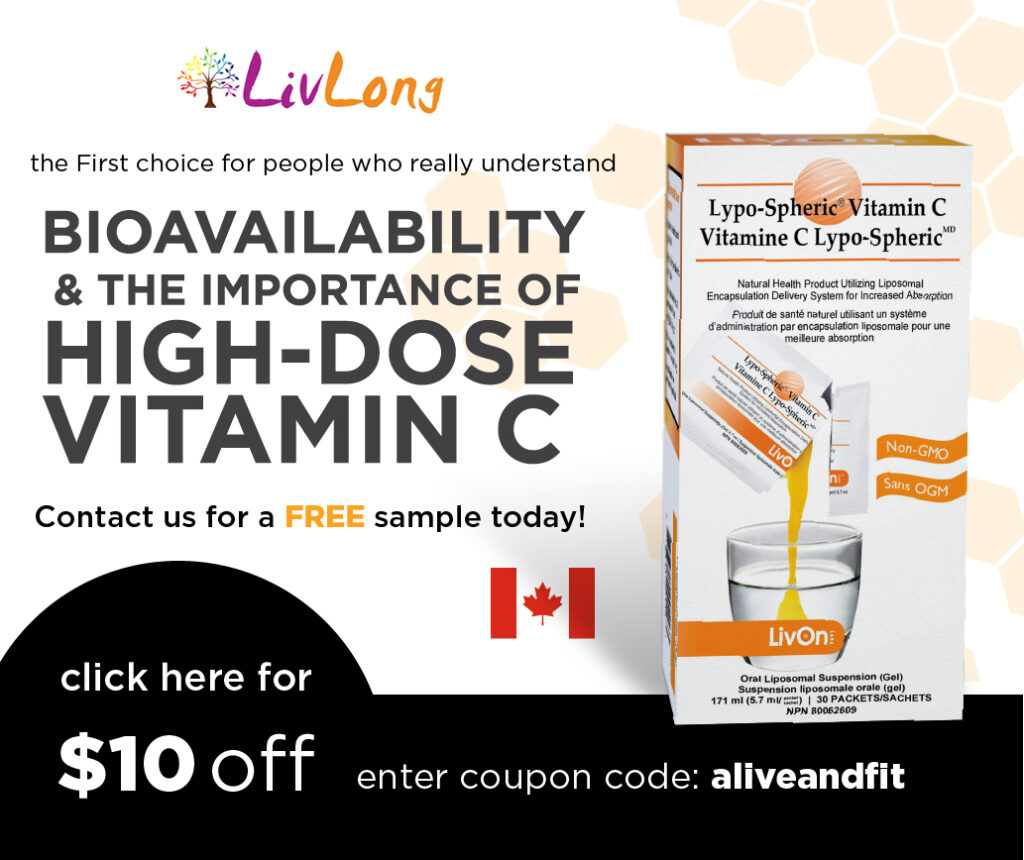A new anti-aging target: the immune system
By Lisa Kowalyk, CNP, B.Kin (hons)
When we think of anti-aging, we usually think of how to look younger. Diving deeper into the concept of aging as a whole, outward expressions of aging such as wrinkles, dry skin and hyperpigmentation can be thought of as the macro manifestation – a reflection of the micro, cellular processes in the body. The secret to antiaging is not on the external; it’s regulating the body at a cellular level to show outward improvements. One of the best anti-aging strategies is to focus efforts on the immune system, because, yes, our immune system ages too! When the focus is on keeping the immune system young, we not only improve the classic anti-aging symptoms, but quality of life is also drastically improved!
What happens when the immune system ages?
The immune system is a complex network of cells and proteins. The job of the immune system is to fight infections, turn off disease-promoting processes and clean up damaged cells.
When the immune system ages, it can’t find pathogens effectively, increasing susceptibility to infections and increasing the severity of them. The immune system is also responsible for programmed cell death, preventing cancer and regulating inflammation.
The same factors that impact external signs of aging, such as free radicals, oxidative stress and inflammation, impact the immune system. Providing the building blocks for a healthy, resilient immune system greatly reduces the risk of chronic illness throughout the lifespan, and a pleasant side effect is the external anti aging effects.
Distilling the complex concept of aging, aging happens when nutrient status is insufficient to keep pathways in the body running efficiently. There are nutrients we can use to protect the immune system from the effects of aging that results in a slower aging rate in general.
Using nutrition to support the immune system
Glutathione
The immune system relies on glutathione to create healthy cells and for protection. Glutathione is the main antioxidant in the body; it’s made in every cell, but the production goes down as we age.
When production of glutathione is low, risk for chronic illness and infection increases because
a by-product of a healthy immune system is free radicals.
Glutathione disarms these free radicals, ensuring they don’t harm the body. The problem arises when internal glutathione production declines. These free radicals are free to roam around the body unsupervised and they damage healthy cells, such as immune cells. In addition to protecting the immune system, glutathione stimulates certain immune cells known as natural killer cells and lymphocytes.
In terms of overall aging, glutathione has been shown to reduce discoloration of the skin, wrinkles, and increase elasticity and hydration.
Vitamin C
An essential vitamin, vitamin C is an ally in antiaging. Vitamin C is used in over 20 functions in the immune system and like glutathione, vitamin C neutralizes the free radicals brought on by immune activation. Vitamin C concentrates in immune cells and therefore directly protects them, and increases their lifespan. Vitamin C is also needed for the creation of several immune cells and it tells the body when to get rid of defective and damaged cells while protecting DNA and cellular mutations!
Through its actions on the immune system, vitamin C reduces risk for several chronic illnesses, but vitamin C is also needed for collagen production. Collagen is often associated with reducing wrinkles and improving the appearance of skin. While this is true, collagen also protects the joints and blood vessels, keeping the entire body youthful!
Vitamin D
Actually, a hormone, vitamin D, is the foundation of the immune system. It modulates and harmonizes the immune system based on what is happening on a moment-to-moment basis. It works to strengthen the communication network in the immune system to ensure that nothing gets missed. Vitamin D, directly inactivates viruses and it tells the immune system when to make chemicals that destroy other microbes.
When it comes to aging gracefully, vitamin D is a given. Not only does it protect against many age-related illnesses because of its immune properties, but vitamin D is also known for its protective effect on bone, thereby decreasing risk for osteoporosis and it has been shown to reduce skin aging by protecting it from UV damage.
When the immune system is working great, there is less room for illness, inflammation and oxidative stress – all of which accelerate external aging. These key nutrients taken regularly, offer support to the immune system, promote the esthetics of aging and overall reduce the risk for chronic illness across the board. The truth is, the body does age, but we have the tools to slow down this process and enjoy the ride. Using targeted nutrients help us to look good on the outside, feel good on the inside and enjoy a high quality of life for years to come.






